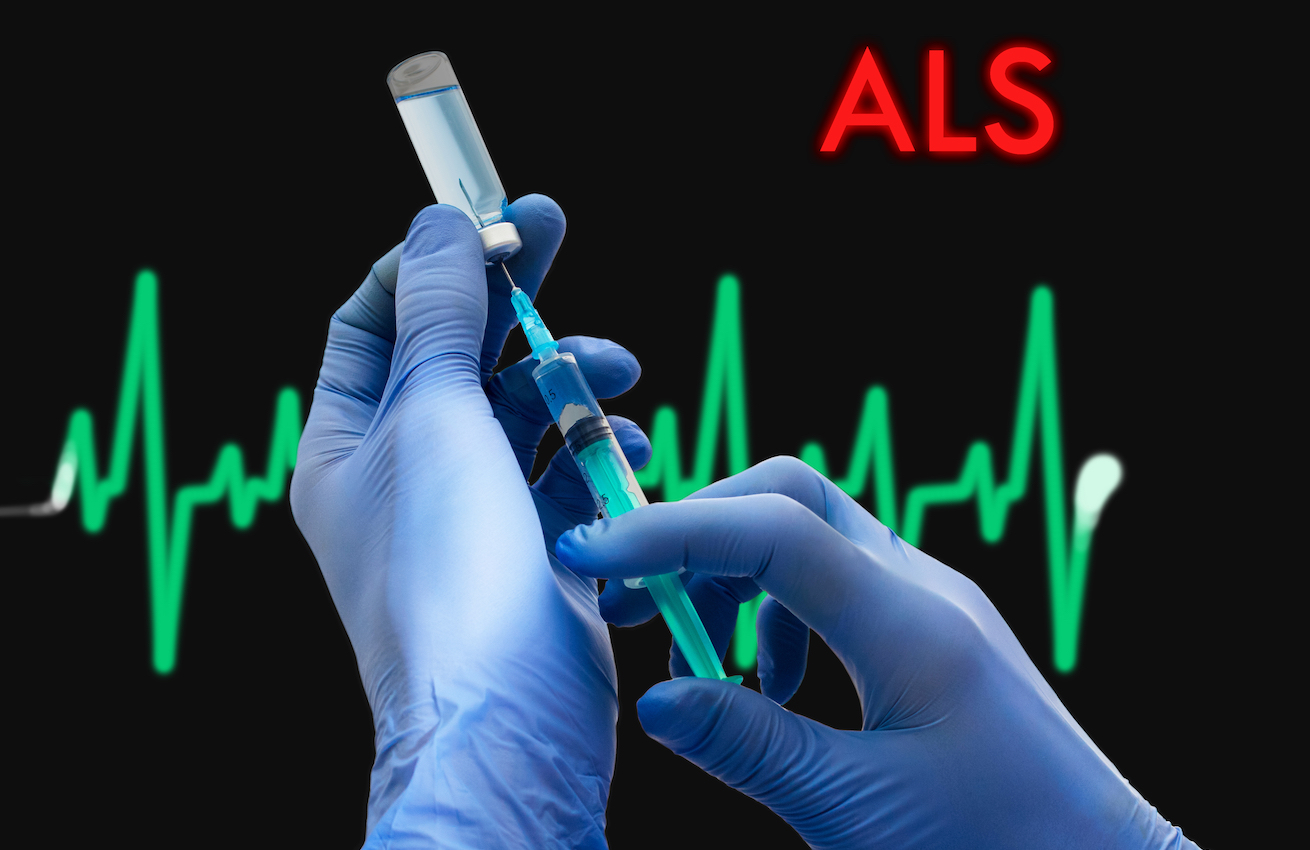
There is new hope for people suffering from amyotrophic lateral sclerosis (ALS). The United States Food and Drug Administration (FDA) has granted PharmaTher orphan drug designation for ketamine for the treatment of the disease.
By granting this status to the psychedelics biotechnology company, the FDA has recognized that there is an established, medically plausible basis for ketamine to be used to treat the condition.
Announcing the orphan drug designation on Wednesday, PharmaTher said ketamine has the potential to effectively increase the life expectancy of people living with ALS at any stage and that it can slow the progressive muscle loss associated with poor outcomes of the condition.
ALS – also known as Lou Gehrig’s disease, named after the famous baseball player who was diagnosed with the condition in the 1940s – is a rare neurological disease that affects the nerve cells responsible for controlling voluntary muscle movement. Patients experience progressive loss of the ability to move, eat, speak, and eventually, breathe.
Sadly, there is no cure for the disease and no effective treatment available to slow or reverse its progression. People with ALS have a life expectancy of only two to six years after their diagnosis, with only 10% of people with the disease surviving for more than 10 years.
According to the Centers for Disease Control and Prevention, approximately 5,000 Americans are diagnosed with ALS every year and anywhere between 12,000 and 15,000 people are living with the disease in the United States. To date, the FDA has approved three drugs for the treatment of ALS – riluzole, edaravone, and Nuedexta – which are effective for treating symptoms of the condition, but fail to stop its progression or improve survival.
PharmaTher has been working with researchers at the University of Kansas to develop and commercialize ketamine as a treatment for ALS. This work formed the basis of PharmaTher’s application to the FDA for orphan drug designation. The company says this research has shown that ketamine has neuroprotective effects that may extend to the motor neurons that are targeted by the disease. The researchers found that administration of the drug during the early stages of muscle decline preserves muscle function in advancing ALS.
PharmaTher is also working with clinicians to finalize the study protocols for an upcoming Phase 2 clinical trial being held in the United States which will evaluate ketamine for ALS. PharmaTher CEO Fabio Chianelli said that the orphan drug designation would allow the company to proceed with this study with confidence. “This designation not only expedites our regulatory, clinical, and product development plans but also validates our belief in the potential of ketamine as a therapeutic solution for neurological disorders,” Chianelli said.
PharmaTher is also currently conducting an FDA-approved Phase 2 clinical trial on ketamine and Parkinson’s disease and is developing a novel microneedle patch for the intradermal delivery of psychedelic medicines.





